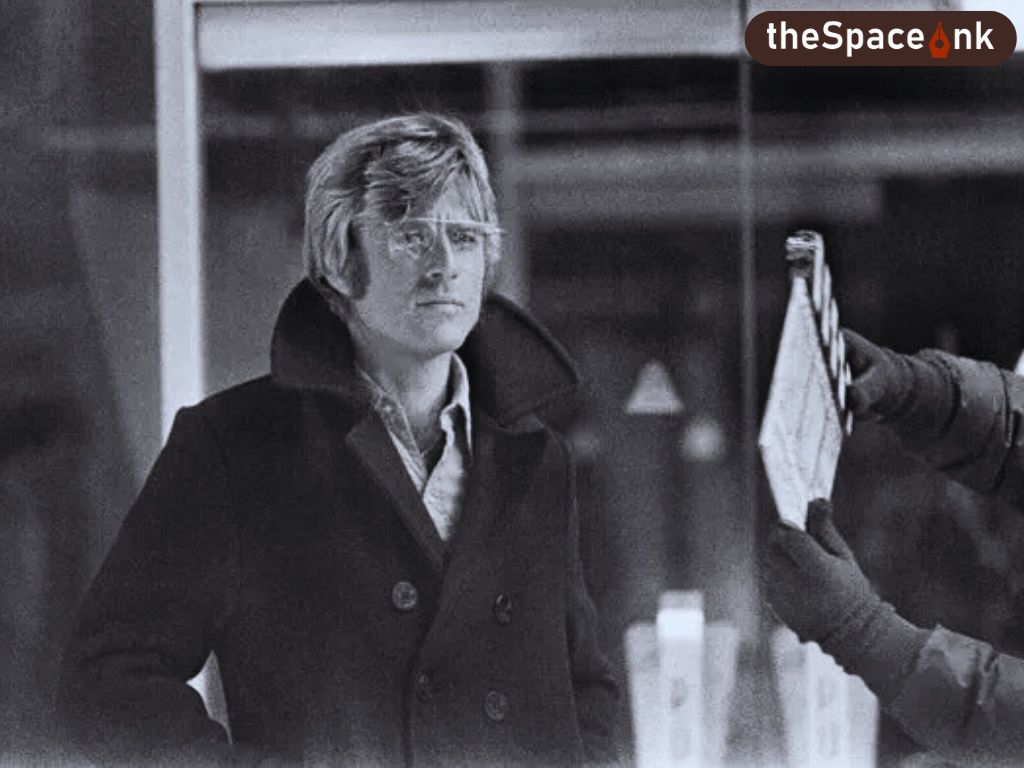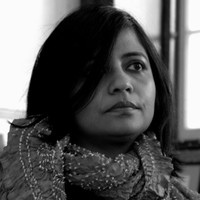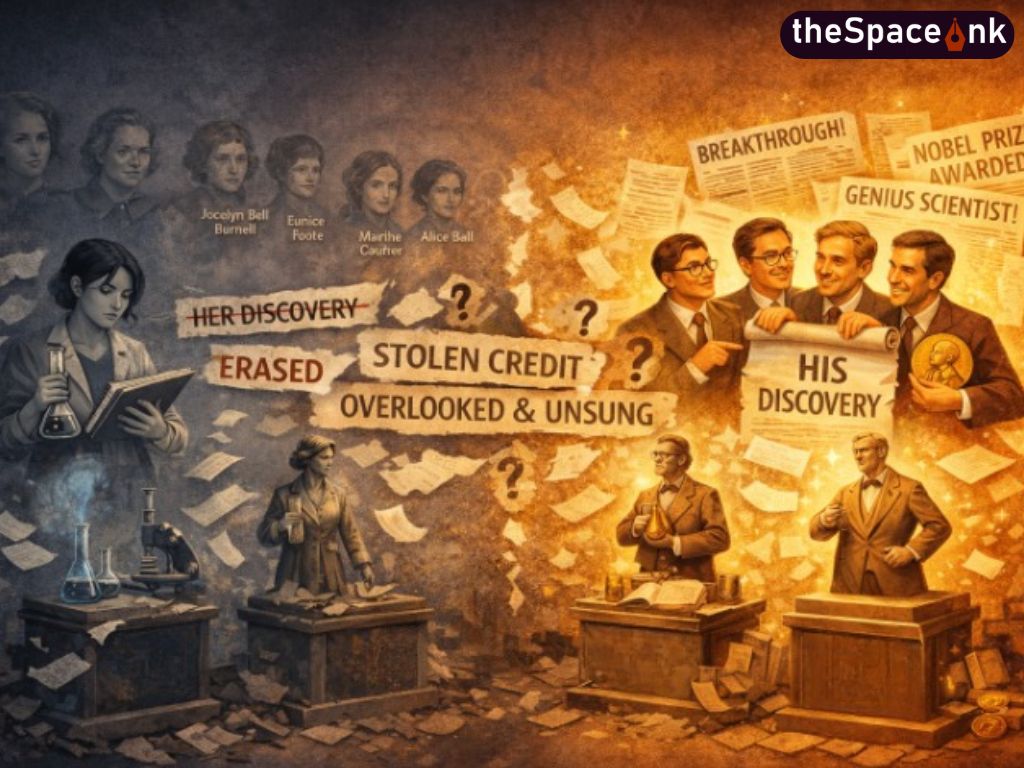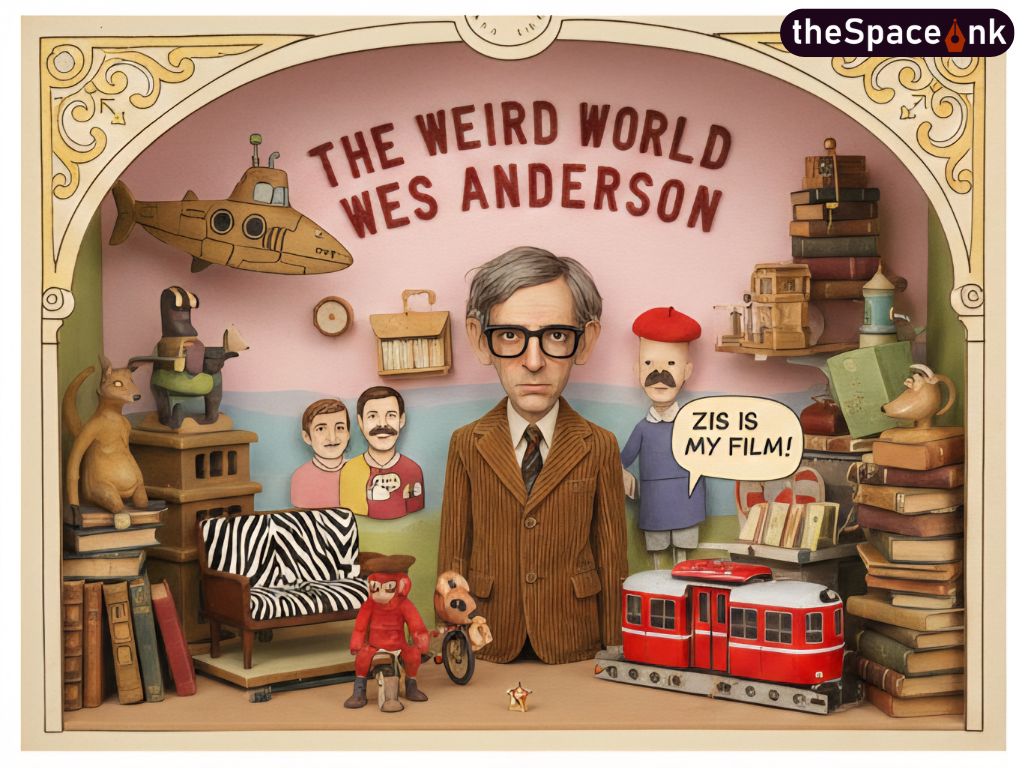(Robert Redford)
Robert Redford
(August 18, 1936 – September 16, 2025)
On September 16, 2025, the world lost a true icon—Robert Redford, charismatic actor, visionary director, environmental activist, and Sundance founder whose films illuminated American culture, uniting hearts across borders with stories of humanity. (Robert Redford)
Robert Redford, a true star, fallen at 89, leaves a void not to mourn but to cherish.
Also Read: Remembering Frederick Forsyth
As an immigrant from India who arrived in America in 1992 with wide-eyed dreams and little more than a suitcase full of aspirations, Redford, was not just a Hollywood legend, but a storyteller whose films revealed the soul of a nation I barely knew. Back then, America was my Dreamland—a place of endless opportunity painted in the broad strokes of freedom and prosperity that I’d only glimpsed through distant rumors and Bollywood echoes. Pre-internet days, I knew nothing of its nuances, its heartaches, or its everyday souls. (Robert Redford)
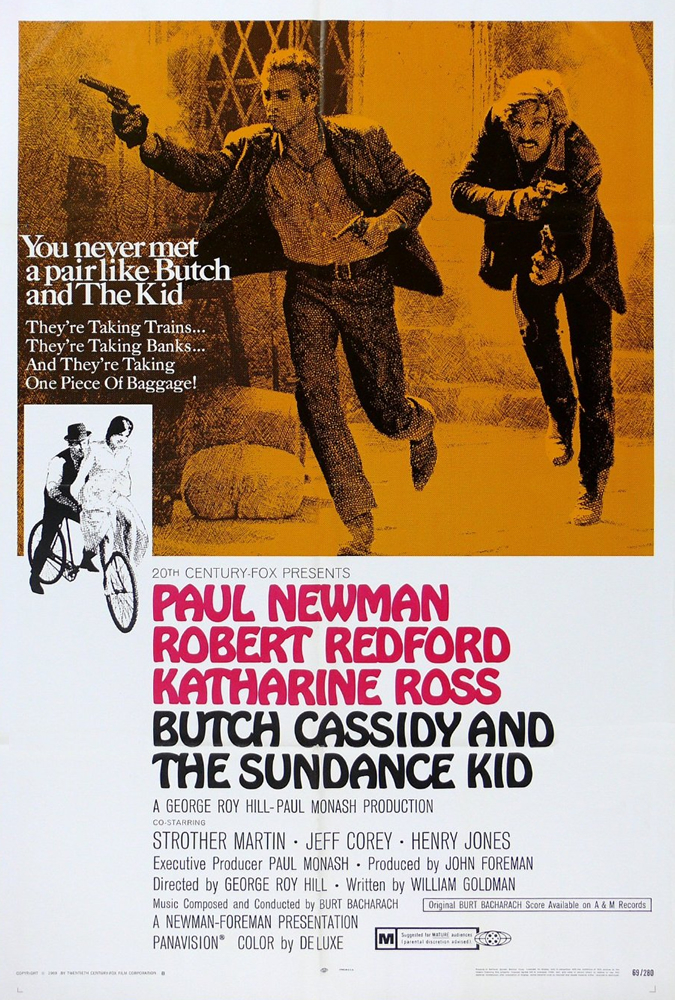
But through Redford’s films, I found a window into the culture of this new land, showing me how relevant and good movies can illuminate the values, struggles, and dreams of a different country. Over these 33 years, his stories wove me into the fabric of American life, helping me adopt this country as my own while being embraced in return. His movies weren’t just entertainment; they were lifelines, revealing the universal threads of humanity that bind us all, no matter if we’re from Mumbai or Manhattan. (Robert Redford)
It all began innocently enough, back in my teenage days in India, with a simple song playing on a small Phillips tape recorder. “Raindrops Keep Fallin’ on My Head” captured my young heart with its whimsical melody and sense of carefree adventure. Little did I know it was from a film, starring two legends Paul Newman and Robert Redford, and that would later become a cornerstone of my American journey. When I came to the States for higher studies and settled in Bloomington, Indiana, I discovered a paradise of cinema: the university library’s vast collection, the public library’s hidden gems, and video stores like Blockbuster and quirky indie spots that rented VHS tapes for a dollar. (Robert Redford)
Redford’s Sundance kid, with his quiet intensity and piercing blue eyes, introduced me to America’s romanticized frontier spirit.
It was there, in that Midwestern haven, that I first watched Butch Cassidy and the Sundance Kid (1969). Directed by George Roy Hill, the film starred Redford as the stoic, sharp-shooting Sundance Kid alongside Paul Newman as the clever Butch Cassidy, with Katharine Ross as their shared love interest. This Western tale of two outlaws fleeing across Bolivia after a string of train robberies wasn’t just thrilling—it was poetic. That familiar song played during a joyful bicycle scene, symbolizing fleeting happiness amid chaos. (Robert Redford)
In those early days of early 90’s, when Microsoft Windows 3.1 was launched and included a CD, Encarta, that had the film’s unforgettable cliff-jump scene—where Butch and Sundance leap into a river to escape their pursuers, laughing through their fear—made us fall in love with their reckless spirit. Redford’s Sundance, with his quiet intensity and piercing blue eyes, introduced me to America’s romanticized frontier spirit—a culture of rugged individualism and daring dreams that shaped my understanding of this land’s adventurous heart. (Robert Redford)
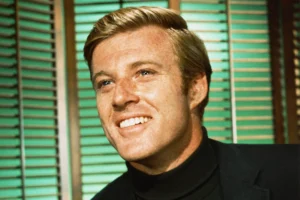
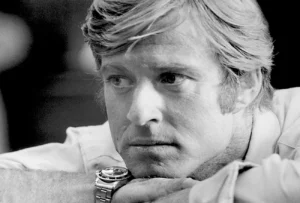
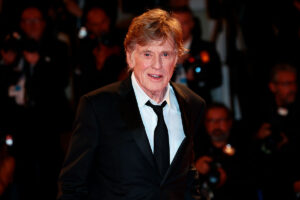
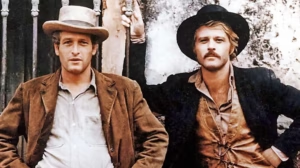
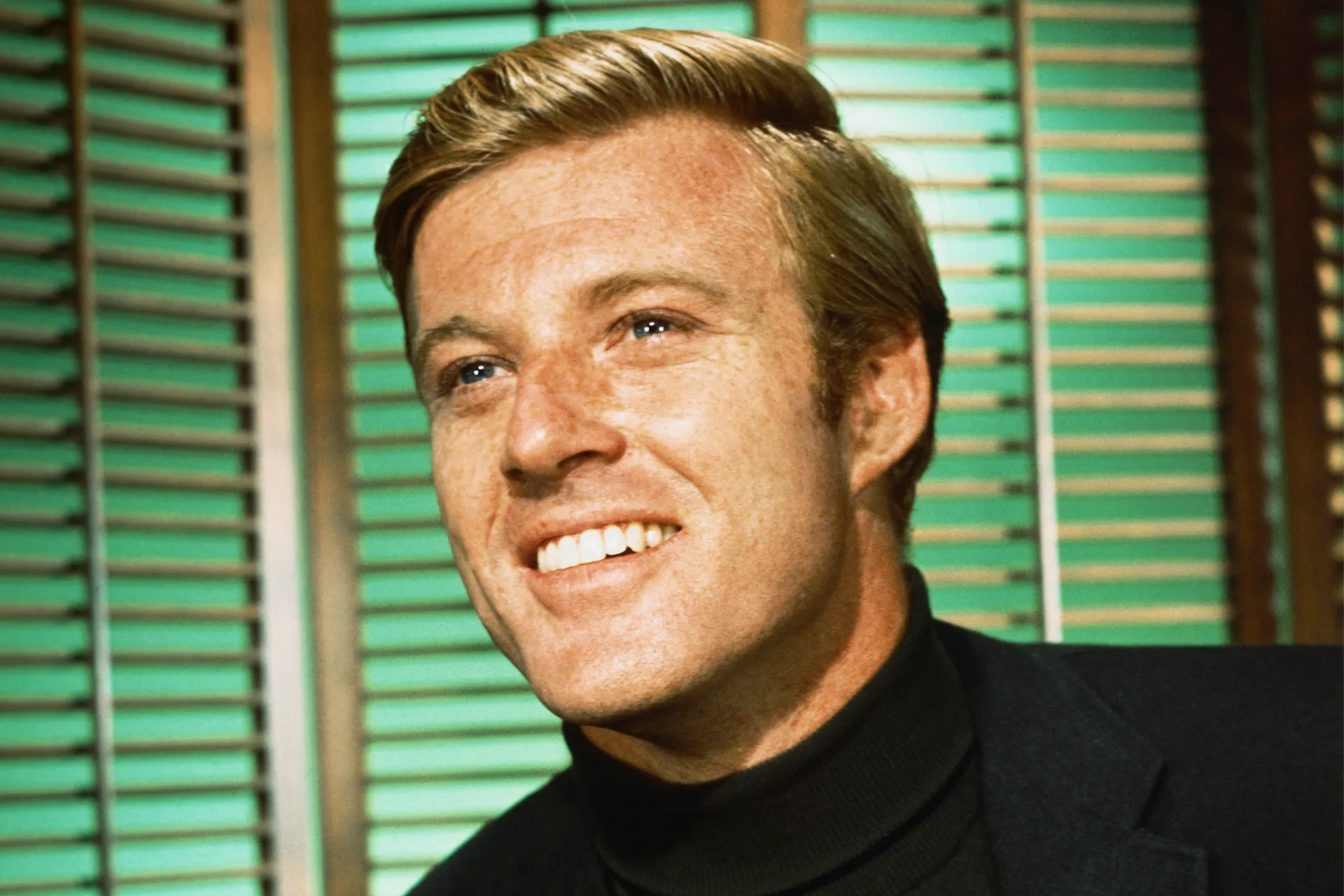
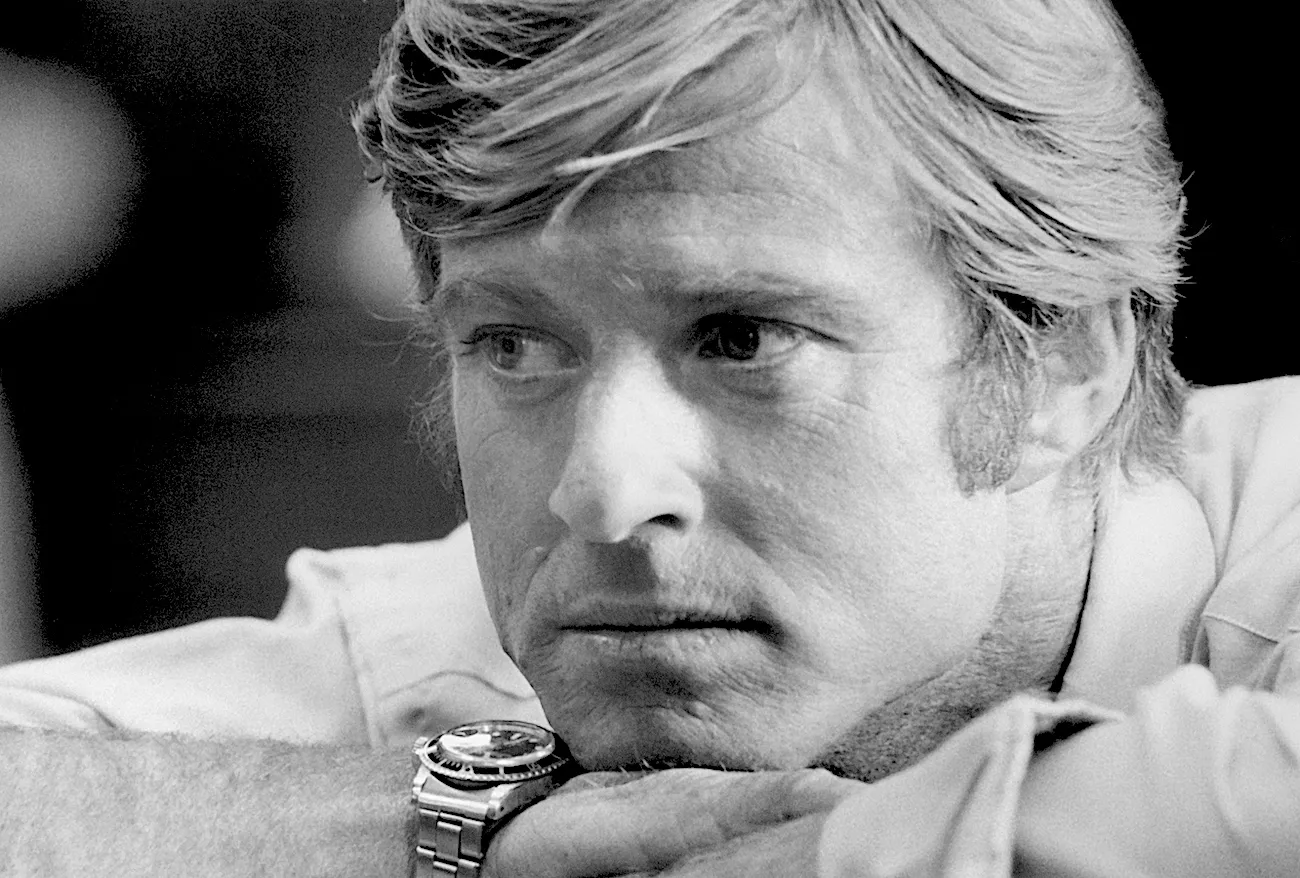
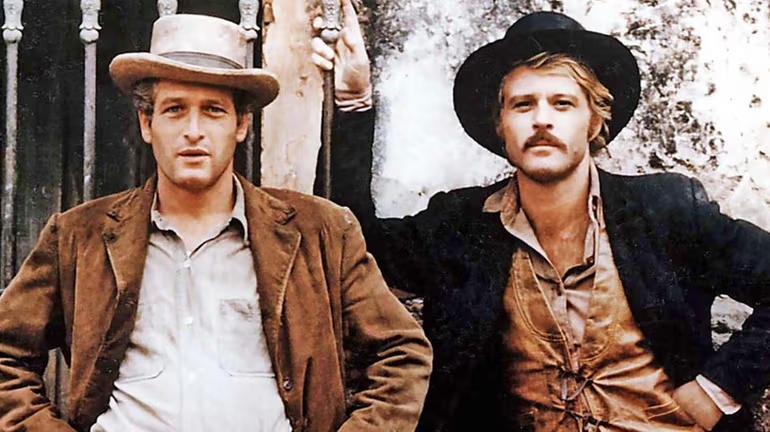
From there, Redford’s films unknowingly became my education in American history and grit. All the President’s Men (1976), directed by Alan J. Pakula, was a revelation. Redford portrayed Bob Woodward, the tenacious Washington Post reporter who, alongside Dustin Hoffman as Carl Bernstein, unraveled the Watergate scandal that toppled President Nixon. The film’s tense, shadowy portrayal of investigative journalism—late-night meetings in parking garages, anonymous sources like Deep Throat—showed me the power of truth in a democracy. (Robert Redford)
“Barefoot in the Park (1967), directed by Gene Saks and based on Neil Simon’s play, featured Redford as Paul Bratter, a straight-laced lawyer newly married to Jane Fonda’s free-spirited Corie.”
Coming from India, where political upheavals were part of our own narrative, this movie illuminated America’s commitment to accountability and the role of a free press in its culture. It wasn’t just a story of scandal; it was a testament to ordinary people holding power to account, deepening my respect for the democratic values that define this nation. Sorrily enough we are now at a different juncture. (Robert Redford)
When I moved to New York City and lived at 24 Fifth Avenue, just steps from Washington Square Park, Redford’s films continued to shape my cultural lens. Barefoot in the Park (1967), directed by Gene Saks and based on Neil Simon’s play, featured Redford as Paul Bratter, a straight-laced lawyer newly married to Jane Fonda’s free-spirited Corie. Their tiny, fifth-floor walk-up apartment in Greenwich Village becomes a battleground for love and compromise, filled with hilarious mishaps like a leaky skylight and eccentric neighbors.
Also Read: Hrishikesh Mukherjee- A Titan in Indian Cinema
Living so near the park myself, I could almost hear the echoes of their laughter in the streets below my window. The film captured the vibrant, chaotic energy of New York—the city that swallowed me whole upon arrival—and revealed the American cultural embrace of individuality, romance, and urban hustle. Redford’s portrayal of a man learning to loosen up mirrored the adaptability required to thrive in this dynamic society. (Robert Redford)
But it was Ordinary People (1980), Redford’s directorial debut that won him an Academy Award for Best Director and the film Best Picture, that truly deepened my understanding of America’s emotional landscape. Starring Donald Sutherland and Mary Tyler Moore as grieving parents, and Timothy Hutton as their troubled son Conrad struggling with survivor’s guilt after his brother’s drowning, this intimate drama delved into mental health, family dysfunction, and the quiet despair lurking in suburban America. (Robert Redford)
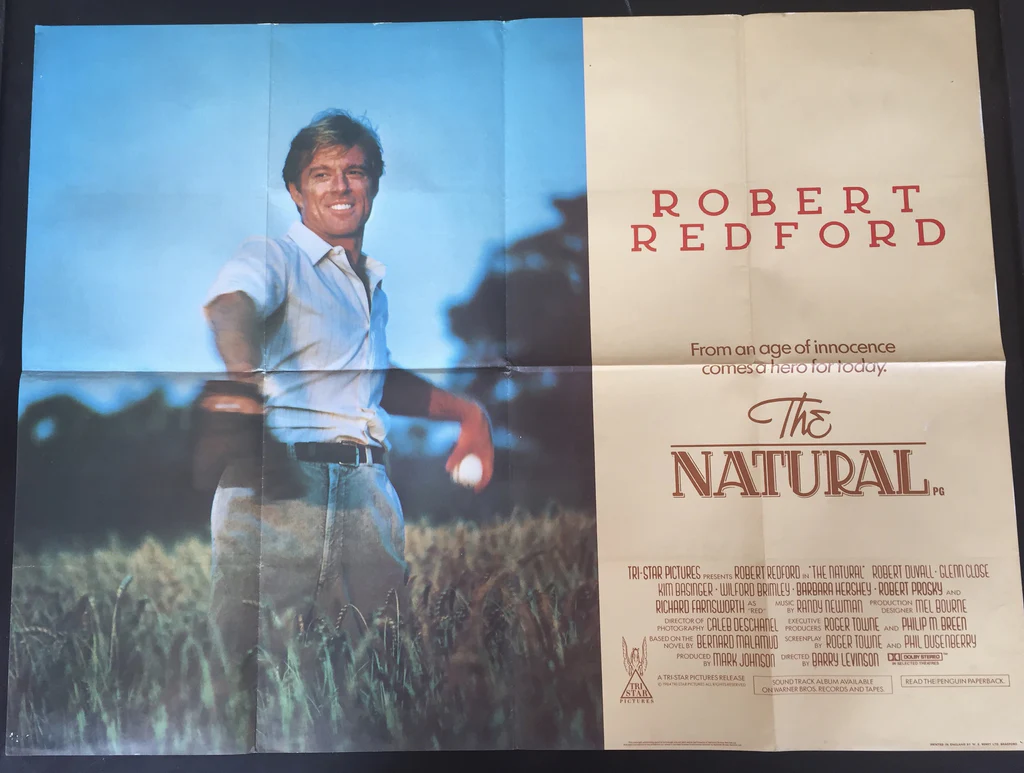
For those of us from the “third world” like India, arriving well before the Y2K buzz, blending in seemed impossible without grasping the inner lives of Americans. This film laid bare the cultural stigma and vulnerability around mental health, showing me that even in this Dreamland, people wrestle with universal pain. Through Redford’s sensitive lens, I saw that Americans, like those back home, grapple with grief and isolation, fostering my connection with colleagues, neighbors, and friends, and easing my integration into this society. (Robert Redford)
“Watching Quiz Show alongside Jeopardy! enriched my understanding of America’s value of knowledge and competition, helping me engage in conversations that made me feel part of the cultural fabric.”
Redford’s influence extended into everyday American culture. As someone passionate about quizzing since my schooldays—tuning into the Bournvita Quiz Contest on radio, watching Quiz Time on TV, and competing in interschool and college meets—I bonded deeply with Jeopardy!, hosted by the unflappable Alex Trebek from 1984 until his passing in 2020. (Robert Redford)
Redford’s Quiz Show (1994), which he directed, starring Ralph Fiennes as Charles Van Doren, a contestant caught in the 1950s quiz show scandal on Twenty-One, and John Turturro as his rival Herbert Stempel, the film exposed the moral complexities of fame and deception in American media and I realized, may be everywhere across the globe the same story is repeated. Redford’s meticulous direction revealed a cultural obsession with success and the ethical dilemmas it breeds. Watching Quiz Show alongside Jeopardy! enriched my understanding of America’s value of knowledge and competition, helping me engage in conversations that made me feel part of the cultural fabric. (Robert Redford)
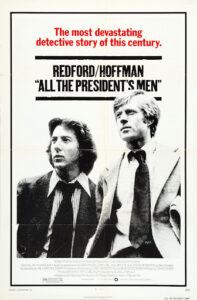
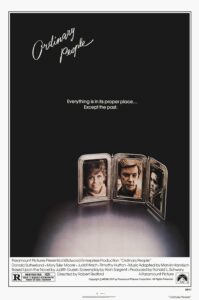
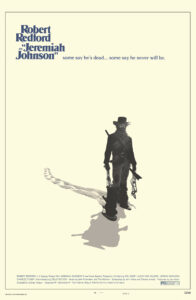
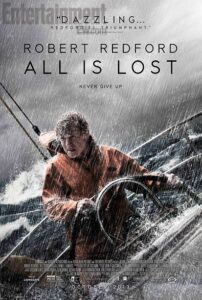

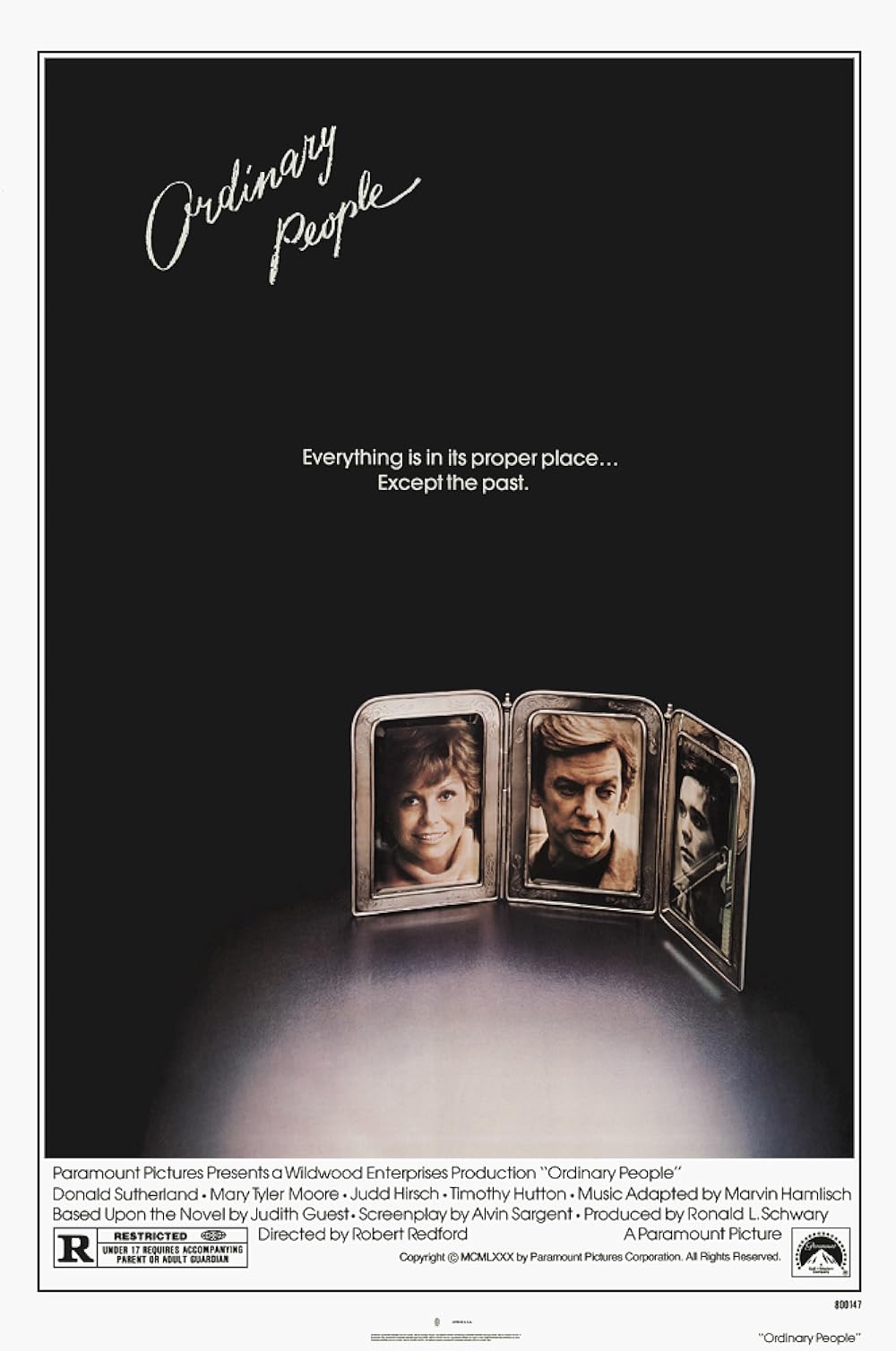
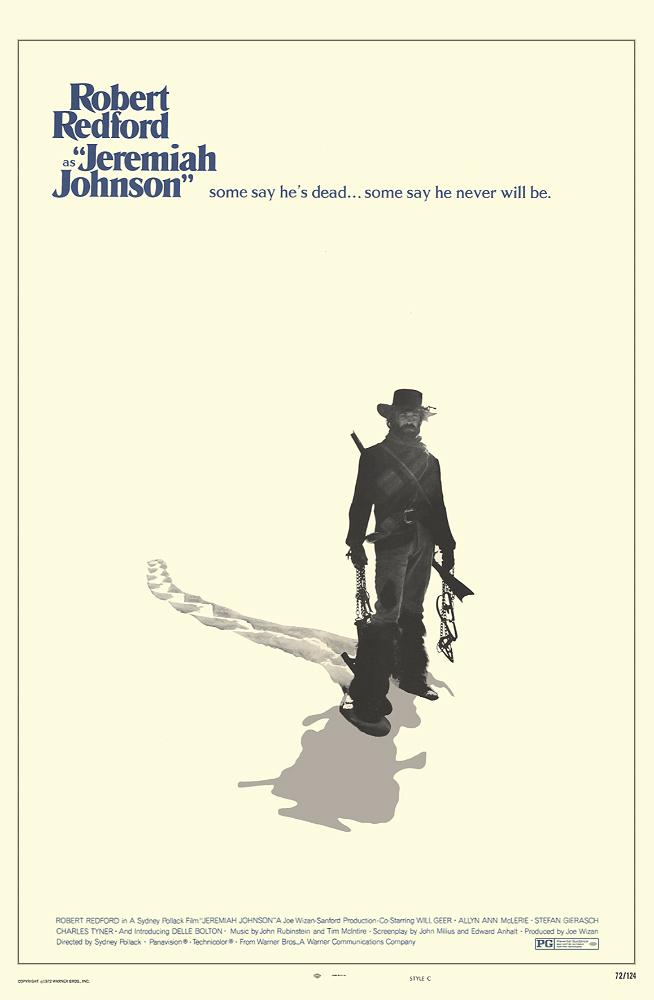
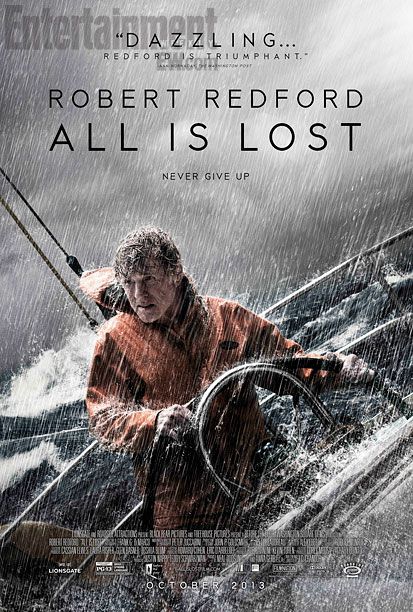
Then came The Horse Whisperer (1998), which Redford both directed and starred in as Tom Booker, a gentle Montana rancher who heals traumatized horses—and people. With Kristin Scott Thomas as the mother and young Scarlett Johansson as Grace, the girl scarred by a riding accident, the film wove a tale of redemption amid stunning landscapes. It made me cry rivers, breaking down the walls between humans and animals, and revealed America’s deep cultural reverence for nature and empathy. This movie inspired me to explore national parks and appreciate the bond between man and beast, showing that healing is a universal language that transcends cultural divides. (Robert Redford)
“Even in his later years, Redford’s work resonated. The last film of his I watched was Lions for Lambs (2007), which he directed and starred in alongside Tom Cruise and Meryl Streep.”
Later, I discovered A Walk in the Woods (2015), directed by Ken Kwapis, where Redford starred as Bill Bryson, a travel writer trekking my favorite Appalachian Trail with his old friend Stephen Katz, played by Nick Nolte, alongside Emma Thompson and Mary Steenburgen. This heartfelt comedy, adapted from Bryson’s memoir, captured the humor and vulnerability of two aging men rediscovering friendship and nature’s beauty. Their journey through the wilderness reflected America’s cultural love for exploration and self-discovery. Redford’s portrayal of Bryson—reflective, witty, and open to life’s surprises—embrace the unexpected detours that define the American spirit. (Robert Redford)
Even in his later years, Redford’s work resonated. The last film of his I watched was Lions for Lambs (2007), which he directed and starred in alongside Tom Cruise and Meryl Streep. This political drama interwove stories of soldiers in Afghanistan, an idealistic professor challenging his students, and a senator debating war policy, critiquing America’s post-9/11 conflicts with unflinching honesty. It illuminated the complexities of America’s global role. (Robert Redford)
Also Read:A Life Well-Lived: Alice Munro (1931-2024
There are too many good movies that shape the legacy of this giant of Hollywood. Several iconic works that further showcase his versatility as an actor and director, each illuminating facets of human emotion and American culture. A brief reflection on some of his other notable films, which left an indelible mark on audiences worldwide and of course, me. (Robert Redford)
The Way We Were (1973): Directed by Sydney Pollack, Redford stars as Hubbell Gardiner, a charming but apolitical writer opposite Barbra Streisand’s passionate activist Katie Morosky. This romantic drama, set against the backdrop of 1930s and 1940s America, explores love strained by ideological differences. Redford’s nuanced portrayal of a man torn between comfort and conviction captured the cultural tensions of idealism versus pragmatism, resonating with my own navigation of new societal values. Every time I pass the Plaza Hotel, across the Central Park, I see “Katie”, ever the passionate activist, is seen handing out flyers for a political cause, specifically a “Ban the Bomb” campaign against nuclear weapons. (Robert Redford)
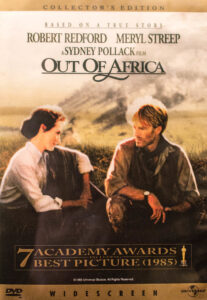
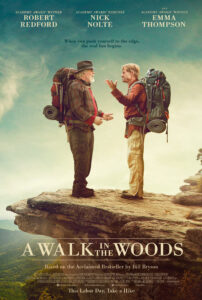
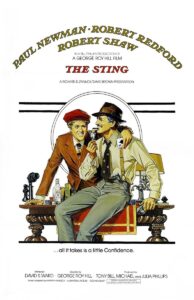

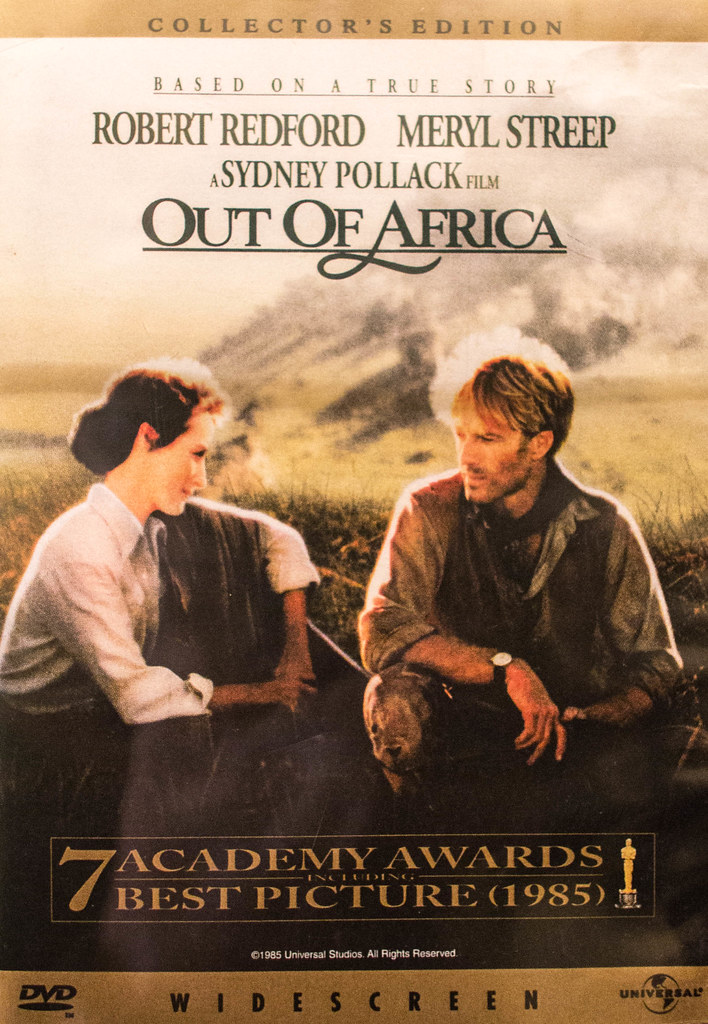
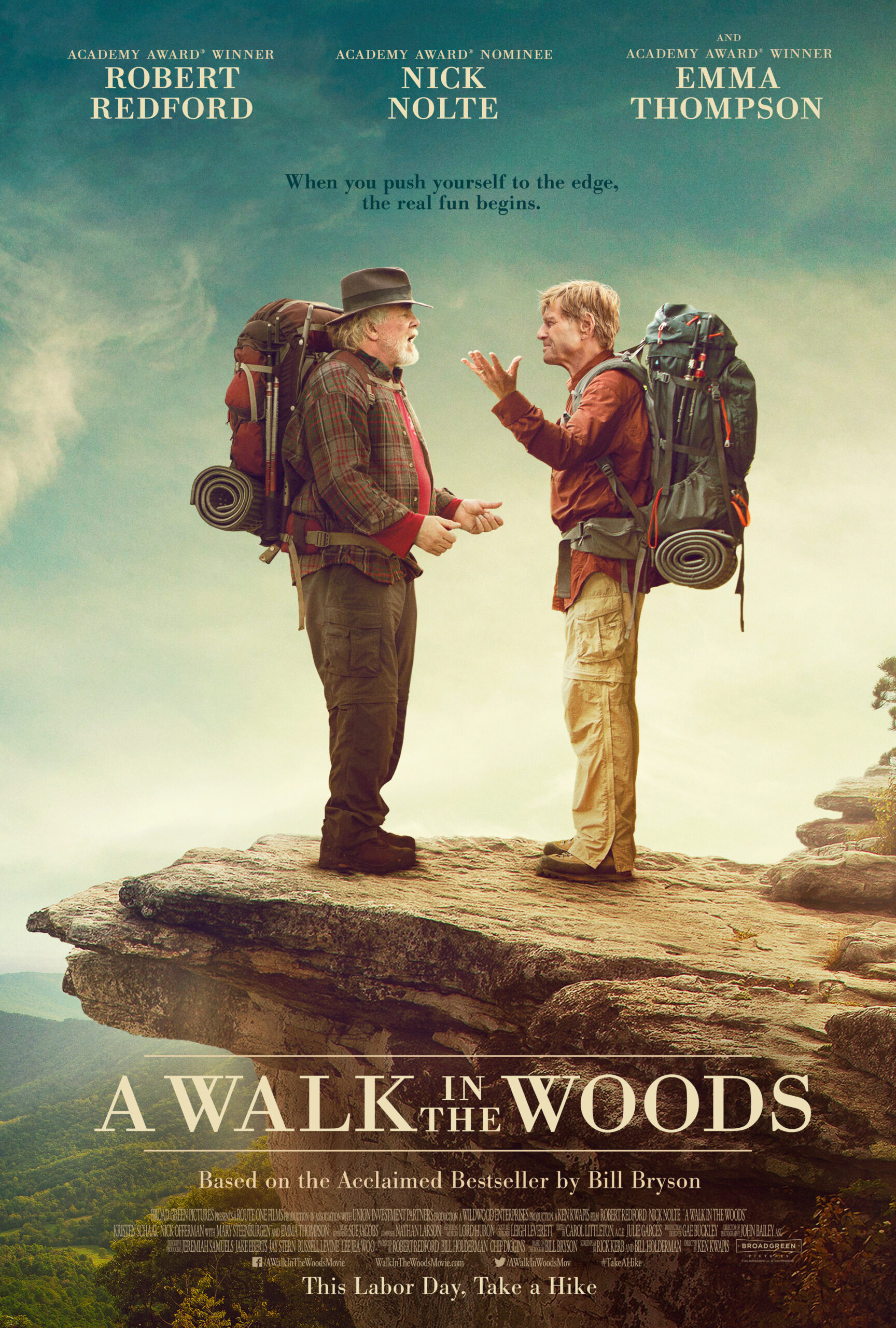


The Great Gatsby (1974): In this adaptation of F. Scott Fitzgerald’s novel, directed by Jack Clayton, Redford plays the enigmatic Jay Gatsby, a wealthy dreamer chasing lost love with Mia Farrow’s Daisy Buchanan. His luminous yet tragic performance embodied the American Dream’s allure and fragility, offering the insight into the cultural obsession with ambition and unattainable ideals in my adopted homeland. (Robert Redford)
“Out of Africa (1985): Directed by Sydney Pollack, Redford plays Denys Finch Hatton, a free-spirited adventurer in a sweeping romance with Meryl Streep’s Karen Blixen in colonial Kenya.”
Three Days of the Condor (1975): Directed by Sydney Pollack, Redford shines as Joe Turner, a CIA researcher thrust into a deadly conspiracy after his team is murdered. This taut political thriller, with Faye Dunaway as his ally, revealed America’s post-Watergate paranoia, and still today it deepens my understanding of its complex trust in institutions, a theme that continues to echo our adjustment to our evolving new political landscape. (Robert Redford)
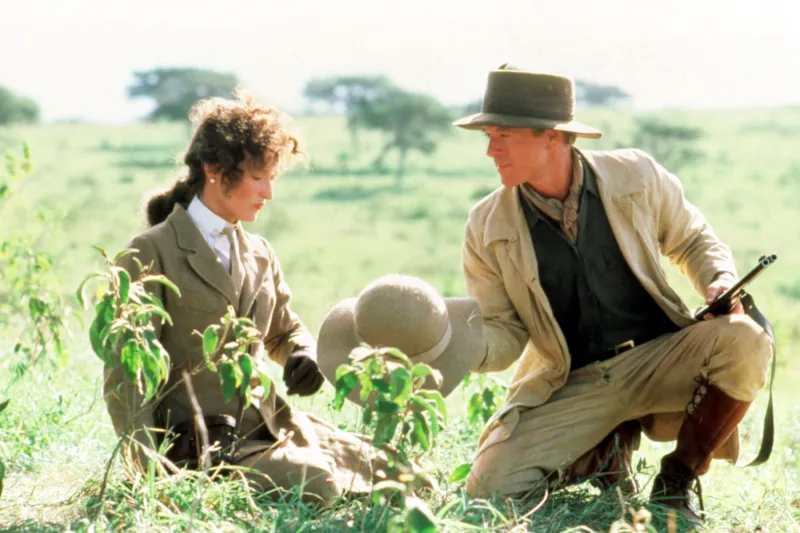
Out of Africa (1985): Directed by Sydney Pollack, Redford plays Denys Finch Hatton, a free-spirited adventurer in a sweeping romance with Meryl Streep’s Karen Blixen in colonial Kenya. His understated charisma against breathtaking landscapes highlighted themes of freedom and impermanence. (Robert Redford)
Indecent Proposal (1993): Directed by Adrian Lyne, Redford portrays billionaire John Gage, who offers a million dollars to sleep with Demi Moore’s character, testing her marriage to Woody Harrelson. His magnetic, morally ambiguous performance sparked discussions on love and materialism, reflecting America’s cultural fascination with wealth and ethical dilemmas. (Robert Redford)
“The Sundance Film Festival, which he founded in 1978, nurtured countless filmmakers, amplifying diverse stories that enriched my understanding of America’s pluralism.”
Other notable films include The Sting (1973), a Depression-era caper with Paul Newman that won Best Picture, showcasing Redford’s roguish charm, and Jeremiah Johnson (I had a colleague who was named after this movie) (1972), a Western exploring solitude and survival, which connects us to America’s frontier ethos. As an actor, Redford also starred in All Is Lost (2013), a near-silent survival drama at sea, displaying his raw intensity. As a director, films like A River Runs Through It (1992) explored family and nature, further cementing his legacy as a storyteller of the human spirit. These works, rich with emotional depth, help to see the universal threads of love, ambition, and resilience that define both America and humanity. (Robert Redford)
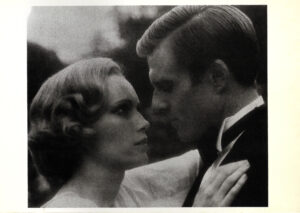
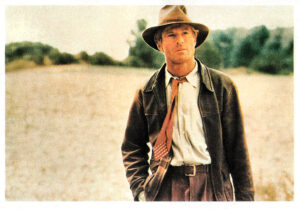
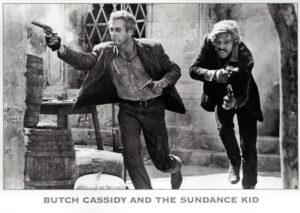
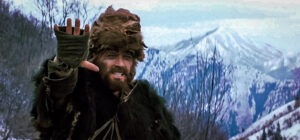
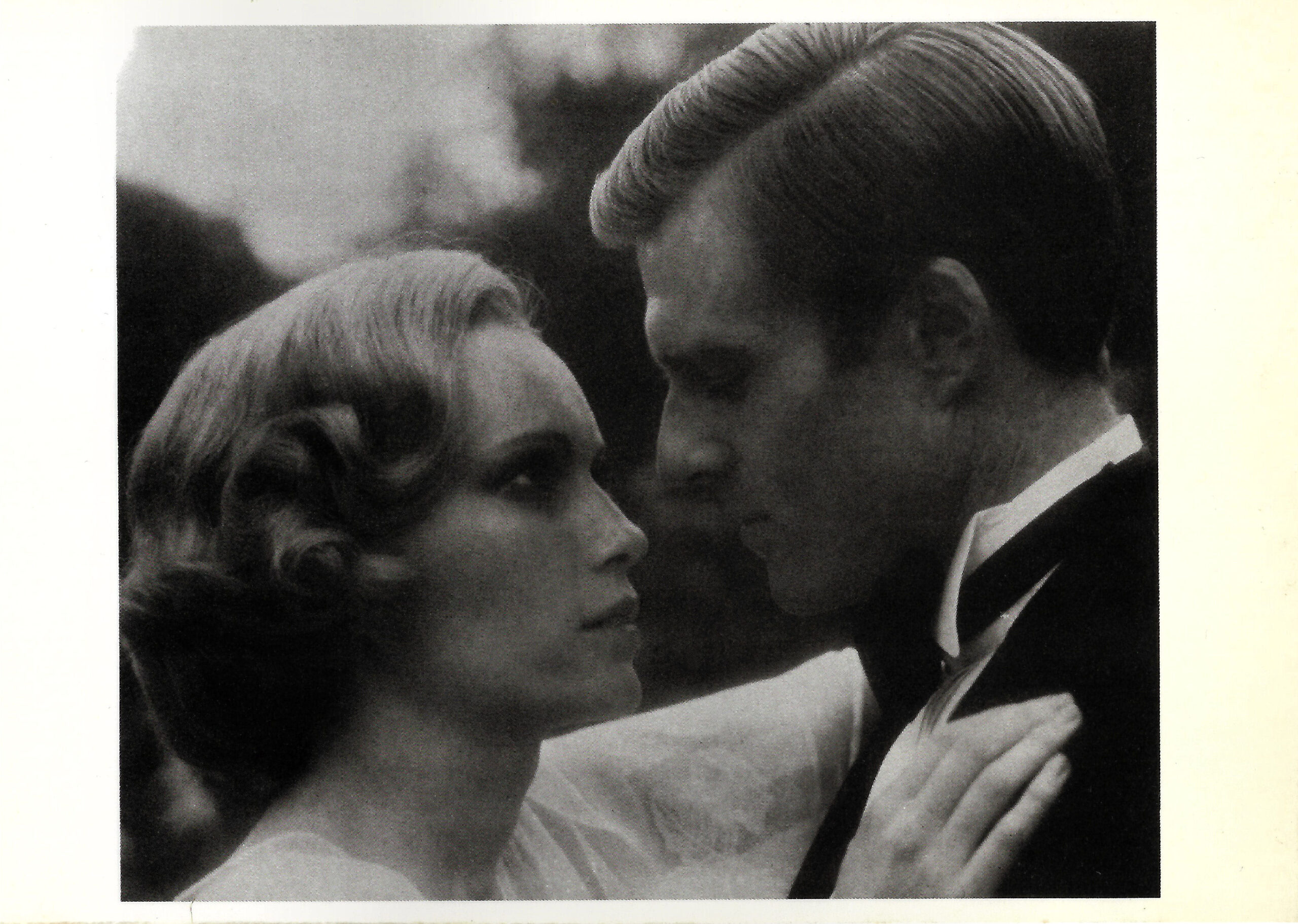
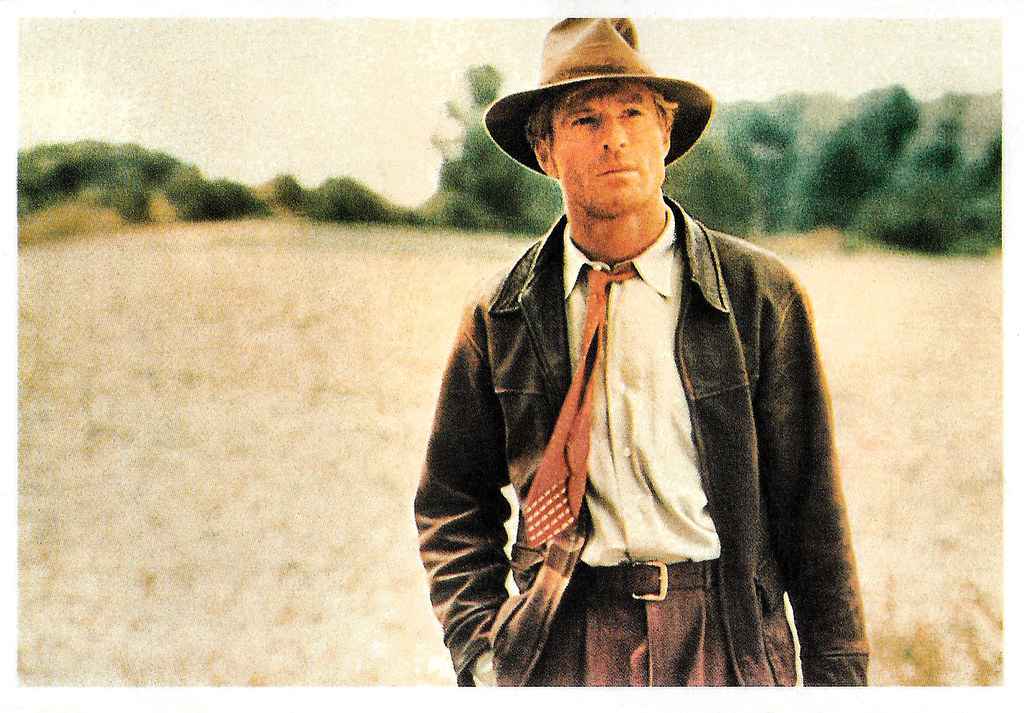
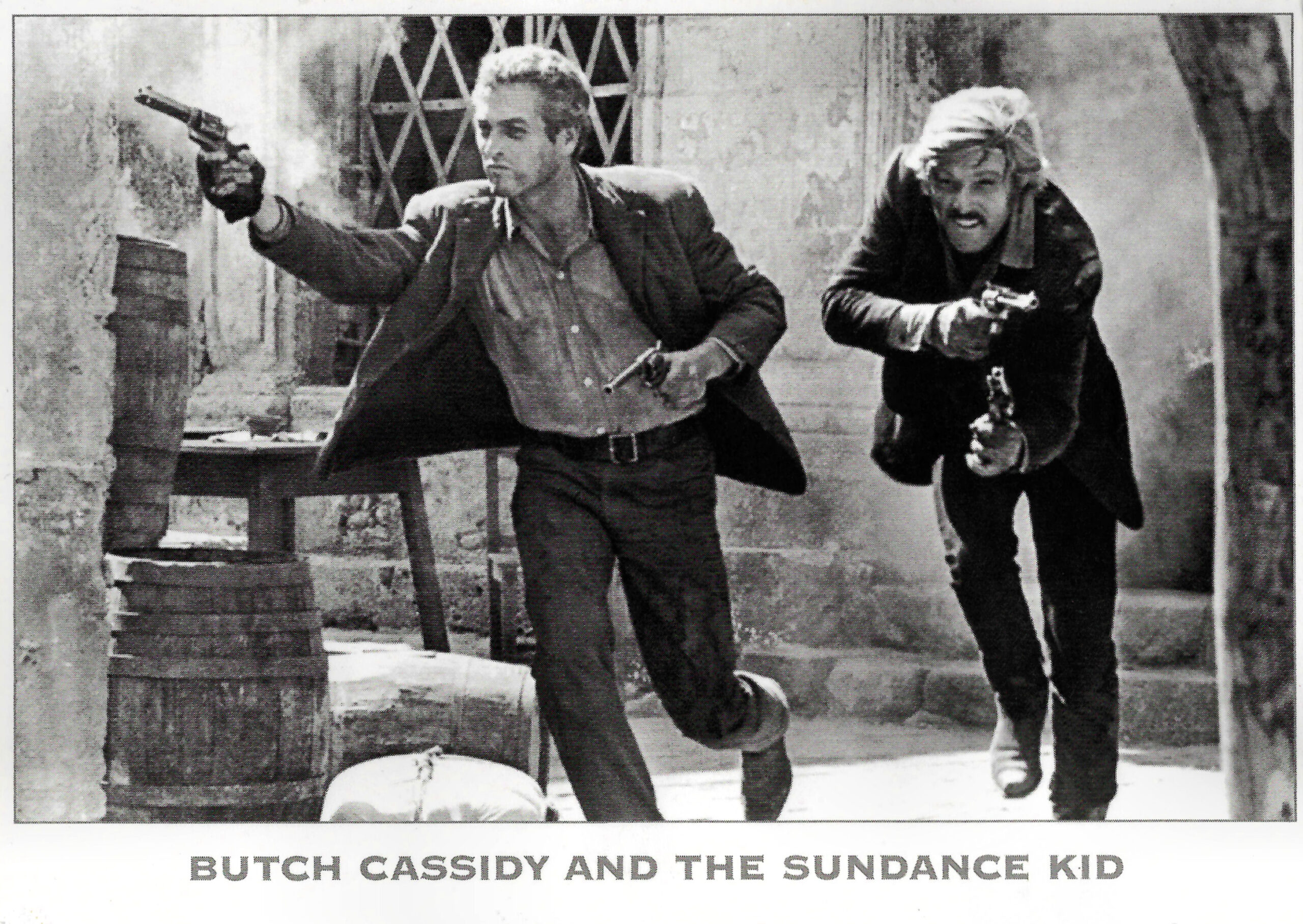
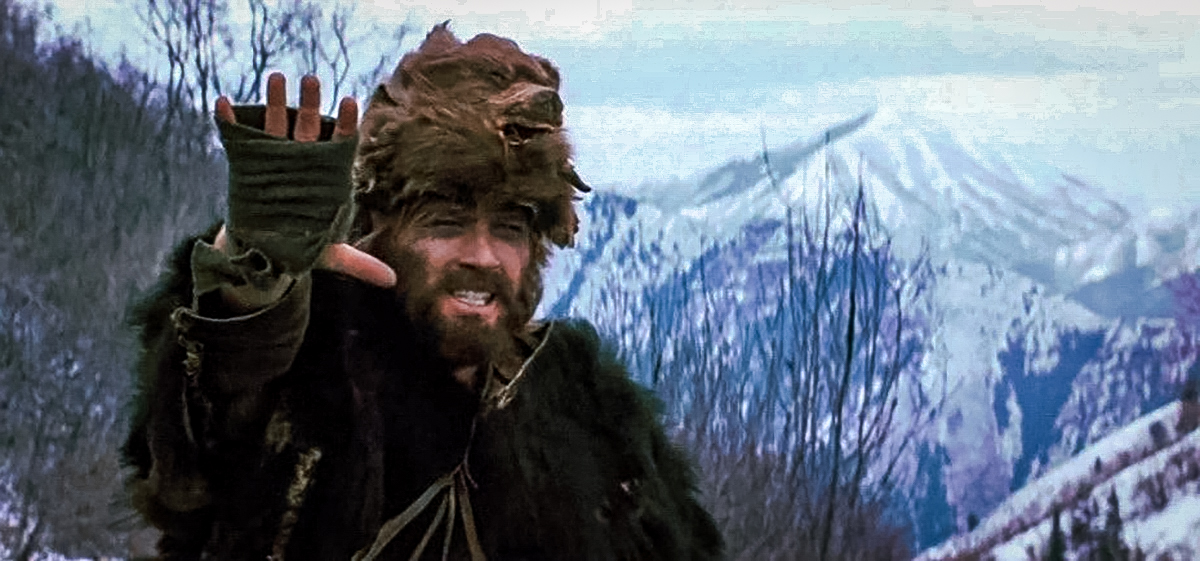
Through it all, Redford’s real-life friendship with Paul Newman—forged on sets like Butch Cassidy and The Sting (1973), where they played con men in a Depression-era caper—added depth to his legacy. Both men shared a commitment to philanthropy, living outside Hollywood’s glitz with missions to uplift others: Newman’s Own charity and Redford’s Sundance Institute, which championed independent voices. Redford’s social activism and altruism shone through his environmental advocacy, notably his work with the Natural Resources Defense Council and his efforts to protect Utah’s wild lands. (Robert Redford)
Also Read: Woodland Still Life: Discovering Abraham Mignon of the Golden Dutch Era
The Sundance Film Festival, which he founded in 1978, nurtured countless filmmakers, amplifying diverse stories that enriched my understanding of America’s pluralism. His commitment to social justice, from supporting Native American rights to addressing climate change, revealed a culture that values using influence for good, inspiring me to engage in my own community’s causes. (Robert Redford)
Robert Redford didn’t just entertain; he illuminated the human condition, showing that whether in India, Africa, or America, we all cry, love, and dream the same. His films were a masterclass in understanding the culture of this new land—its scandals, romances, griefs, and triumphs. After 33 years, I’ve been adopted by America, and in turn, I’ve adopted it, thanks to the stories he told. Farewell, my hero. Your light will forever guide dreamers like me. (Robert Redford)
Image Courtesy: flickr.com, rollingstone.com, Fvariety.com, www.spectator.co.uk, hollywoodreporter.com, nytimes.com, indiewire.com, pinterest.com, vertigoposters.com.
Mousumi was raised in Kolkata but now call New York her home. She pursued her PhD from Indiana University Bloomington and currently works as a Marketing & Consumer Data and Design Analytics professional. She is Co-founder and Director at MDRK Partners. She loves to read, cook, take photos on her phone and travel.


